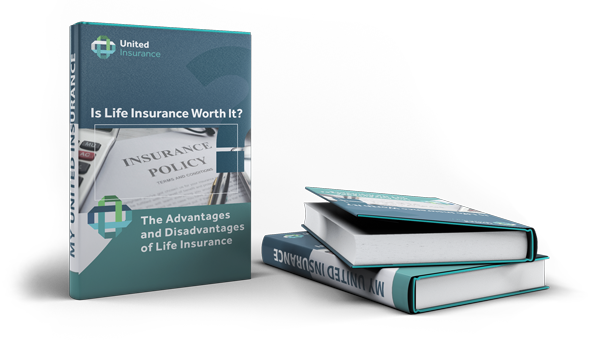
When you are looking for life insurance, one of the things that the insurance company will ask you is your age. They will then use a life expectancy table to determine how long they expect you to live. This may seem like a strange thing to do, but there is a reason why insurers use these tables. In this blog post, we will discuss what life expectancy tables are and why insurance companies use them.
What is a Life Expectancy Table?
Life expectancy tables are the product of a lot of hard work by some very smart cookies: professional actuaries. Actuaries calculate the risk of death for men and women of all ages and publish their results in life expectancy tables, also known as actuarial tables or mortality tables.
When you look at a life expectancy table, you can find your age and gender and learn the number of years you likely have left. Of course, these tables aren’t personalized. If you’re a real daredevil, you might be more likely to die before your estimated life expectancy is up. If you have a lot of centenarians in your family, you may live longer than a mortality table would predict.

How Are Mortality Tables Used?
Life insurance companies have their actuaries and formulas for calculating mortality risk. They also look at the overall mortality risk of the pool of people they insure, not just the mortality risk of a single applicant. That’s because too much risk in a customer pool makes bad financial sense for a life insurance company.
Life insurance companies rely on a combination of mortality tables and personalized health evaluations to estimate how long a life insurance applicant is likely to live. When you buy a term life insurance policy, you’re making a kind of bet with the life insurance company. You “win” the bet if you die and the life insurance pays your family. The life insurance company “wins” if you outlive the term of your policy, paying premiums but never triggering a payout. Life insurance companies offer the lowest premiums to people who are healthy and young, and likely to live to a ripe old age. So what makes someone that ideal customer?
What Factors Impact These Tables?
Without wanting to get too… medical, let’s go over some of the factors that impact life expectancy. The factors that make you likely to live until you’re old and wrinkly also make it more likely that you’ll find an affordable life insurance policy.
Genes: Sorry – there’s nothing you can do about this one. Some people are genetically predisposed to live longer and to stay healthy further into old age. That’s why insurance companies are keen to get a family medical history from you when you apply for a policy.
When you were born: As you grow older, you outlive some of the people in your age cohort. That means it’s probable that you’ll continue to live and live longer. But that doesn’t mean that life insurance companies are eager to cover older people. Life insurance companies prefer younger applicants, and will often quote younger folks lower premiums, with an option to lock in rates.
Your sex: Women live longer than men. Sorry, guys.
Smoking: The more you smoke, the greater your mortality risk. That’s why heavy smokers have a hard time finding life insurance coverage.
Marriage: Happily married people (or people who live in a happy domestic partnership) tend to live longer. It turns out that the joy-boosting, stress-reducing effects of a happy partnership increase longevity. Plus, we’re guessing committed spouses are more likely to nag each other about getting regular check-ups.
Diet: The more vegetables, the better. A diet high in processed foods, not so much.
Weight: Staying at a healthy weight for your height will help you live longer, and enjoy more of that retirement you’re saving for. If you’re a short bodybuilder, you may have a high Body Mass Index (BMI) that belies your commitment to exercise and health. When you apply for life insurance, ask the company representative whether they use BMI in the underwriting process. Explain that you have a high BMI because of rippling muscles, not fat.
Exercise: Exercise lengthens your life and helps you avoid frailty in old age. It also helps your brain stay sharp for longer.
Alcohol: Moderate alcohol consumption (with meals, not at ragers), has been known to have life-prolonging effects. Too much alcohol, though, has the opposite effect.
Sleep: Getting enough sleep is crucial to health. Step away from the TV/computer/phone/tablet and get some rest!
Outlook: People with a positive, laid-back attitude toward life tend to live longer.

Lots to Think About
While this is by no means an exhaustive list, it should give you an idea of what factors lead to a long life. Starting retirement planning early has its perks. Talking over your life expectancy table with your insurance company is a useful first step and will be beneficial in the long run. Don’t wait to get the life insurance coverage you need. The older you are, the more you may have to pay. If you need a quote, give us a call.
